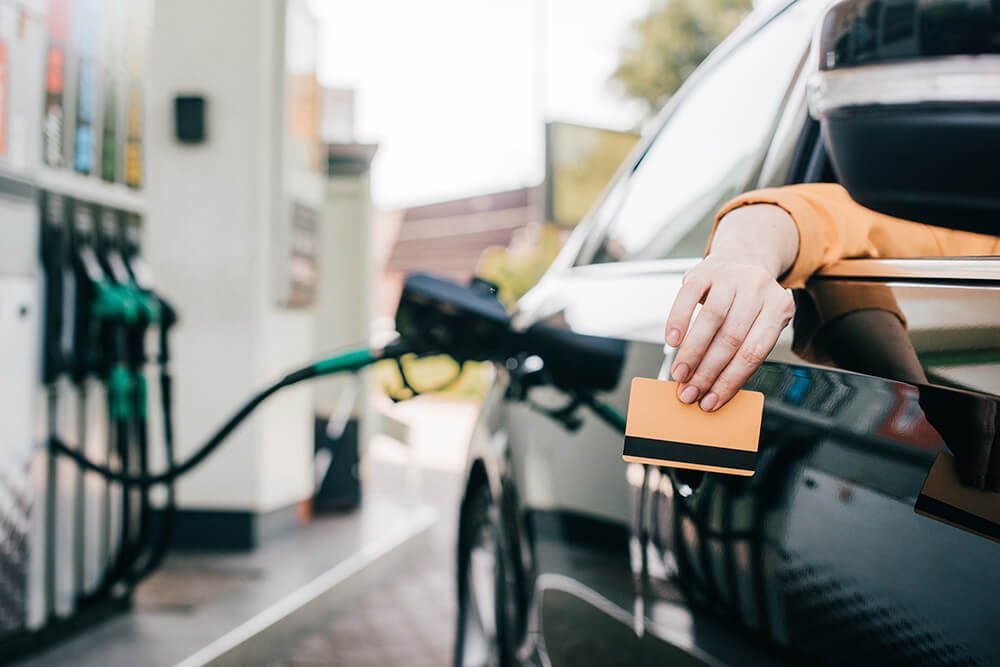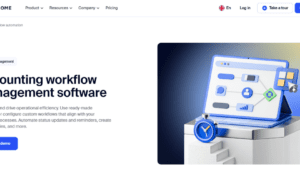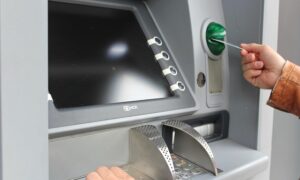If there is one thing that all businesses seem to be unanimous about, it is keeping the operational cost as low as possible. Fortunately, fuel costs are an area that allows businesses to make significant savings. That is because most of these work at discounted petrol stations only. Additionally, UK fuel cards also save money and time that would have been used on accounting/administration for refunding money to employees that used their cash to pay for fuel. If you are contemplating signing up for a fuelcard, you will want to know if it’s worth it. In this article, we highlight the main reasons why we believe fuel cards are a must-have for any business. Read on to learn more.
No need for fuel receipts
Using UK fuel cards means that an employee does not need to keep track of receipts. That is because each record of fuel payment is logged on invoices and shows all the transactions that were done at the pump. Additionally, the provider sends a detailed invoice to the company accountant every week showing the amount spent on fuel. If you want to, you can also request a hard copy of the same.
From the administration and accounting standpoint, this is a great time saver as it puts all the fuel expenses for the company in one place. It’s also worth noting that the invoices are compliant with HMRC, so less time will be needed for administration work.
It is worth noting, however, that employees will be required to part with a tax benefit on any fuel bought or personal use. This includes the fuel for commuting to work and fro. For this reason, make sure you have a record of receipts for payments for petrol on top-up following any personal journeys.
Discounted Prices
Perhaps the biggest advantage of a business fuel card is the savings you make at the pump. In most cases, your card provider will inform you one week prior about a fixed price of fuel per litre. This price is usually 2p-3p cheaper than the pump price, allowing you to save significantly. It can sometimes be even 10p cheaper, especially for motorway prices. Fuel costs can vary a lot, so paying expenses for drivers at the pump price can lead to overspending on fuel. A fuelcard gives you complete control over the fuel expenditure by your company. It ensures that you will always pay the right price. These savings might appear insignificant but over the long run, they will have a great impact on your company’s finances.
Secure fuel purchases
A company fuel card differs from a credit or debit card in that it is restricted to only paying for fuel and other vehicle-related products. Additionally, most card providers let you allocate a card to a specific vehicle or driver.
Thanks to this high level of security, fleet managers and business owners can have greater control over what each car costs the business to run. If you have a larger company with five vehicles or more, you can use a fleet management system that even reduces your fuel consumption.
Additional services
Many providers of fuel cards offer extra services when you are their customer. Examples of these include being given a dedicated account manager by your provider and fleet management reports that enable you to run your vehicles more cost-effectively.
Some cards are also flexible in the sense that they can be used to pay for other items and not just fuel. Some of these items can be lubricants like engine oil, car accessories, and credits for car washes that are close by.
No charges for certain fuel cards
Certain UK fuel cards are available for free, don’t cost anything to use, and don’t come with minimum spends or surcharges. Others can have a small monthly charge (about £1.50) per card. When choosing a company card, it is advisable to compare them online and see the one that has the advantages that meet the needs of your company.
How much savings can you make with a fuelcard?
We have already said that UK fuel cards offer lower prices than pump rates. While you can save an average of 2-3p per litre, sometimes this can go up to 10p per liter, which translates to significant savings.
Before choosing a card, try using an online savings calculator to see the amount you can save each year on fuel costs for vans, HGVs, and cars. But you need to understand that several averages are premised on the fact that all drivers use the best value petrol stations.
For example, three vehicles covering 20,000 miles and having a fuel economy of 42mpg will save £649.44* on average when using a company fuel card.
Which fuel card should I choose?
There are certain factors you need to take into account when determining a company fuel card that best meets your business needs. They include the following:
The routes your drivers ply– Choose between national, regional, and international networks to get a card that meets your needs. Cards that partner always with motorway fueling stations are most suitable with national coverage.
Fuel type– Certain fuel cards are best at offering discounts on petrol fuel, diesel, or electric car charging.
Fleet type– if you have a bigger fleet, you are going to need more coverage from the card program. For example, if your fleet contains 50-100 cars, choose a card network that allows you to access over 3,000 cars.
Conclusion
A fuel card has several benefits. It allows your company to make great savings and saves time and money on accounting and administration by providing HMRC-compliant invoices.
UK fuel cards also give you more control over your company’s fuel spending. By giving you fixed national prices for the upcoming week, you get to know the fuel cost and plan well in advance.
When choosing a fuel card, make sure it gives your fleet the best coverage possible and also leads to savings on fuel costs.



































